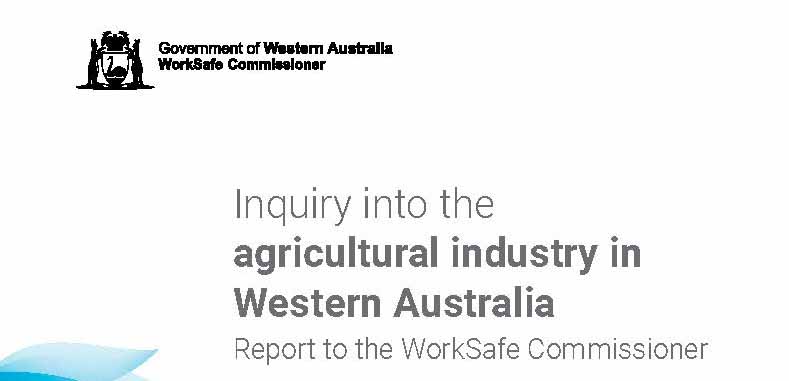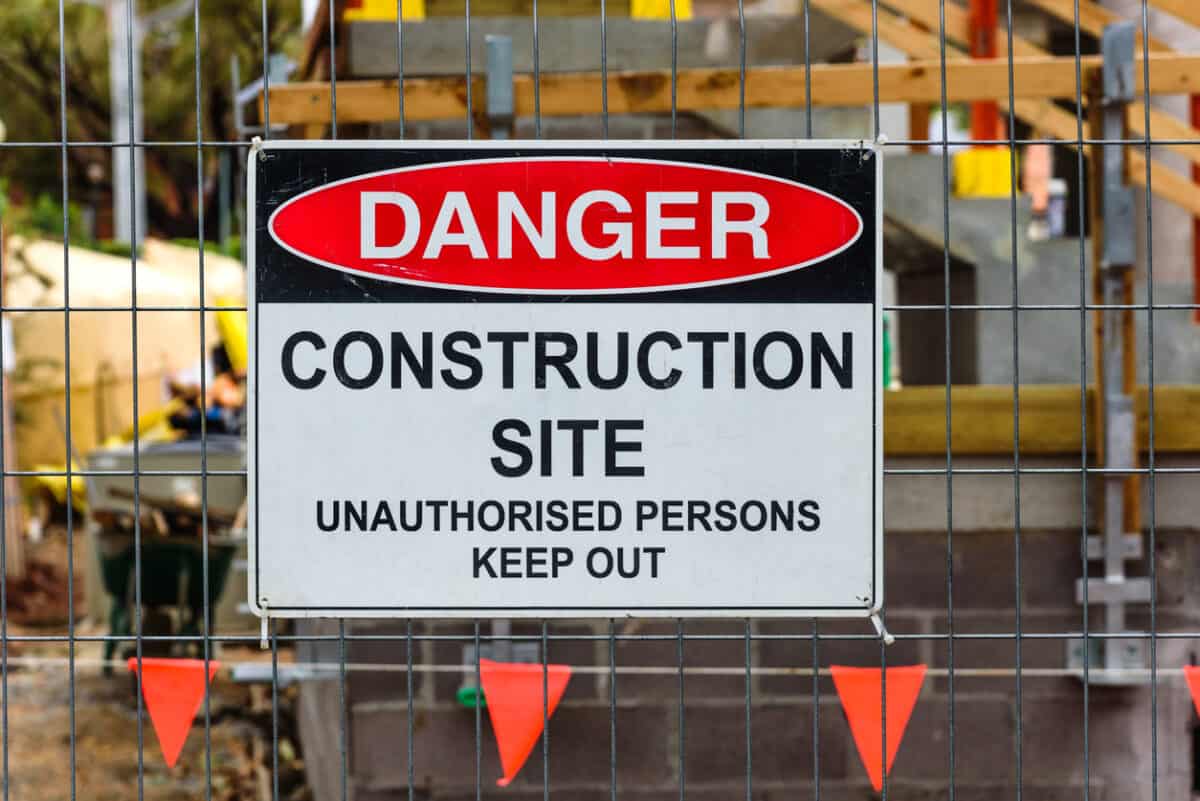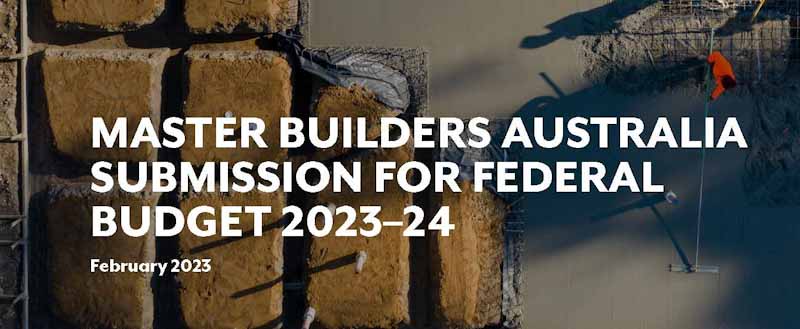Recently Western Australia concluded its WorkSafe inquiry into the Agricultural Industry. The recommendations for improvements in occupational health and safety (OHS) are remarkably dull as they largely fit with business as usual. It is much more useful to file this as a reference document which offers some safety insights.
The inquiry was established after a spate of farm deaths (Don’t all OHS inquiries come from disasters!?). Most of the terms of reference relate to the collation of data, which, in itself, is an implied criticism of the past OHS Commissioners and governments (and national leadership).
The inquiry report is an excellent analysis of the cultural relationships between farming and OHS regulation, with some brutally honest findings that other States and OHS professionals should heed.







